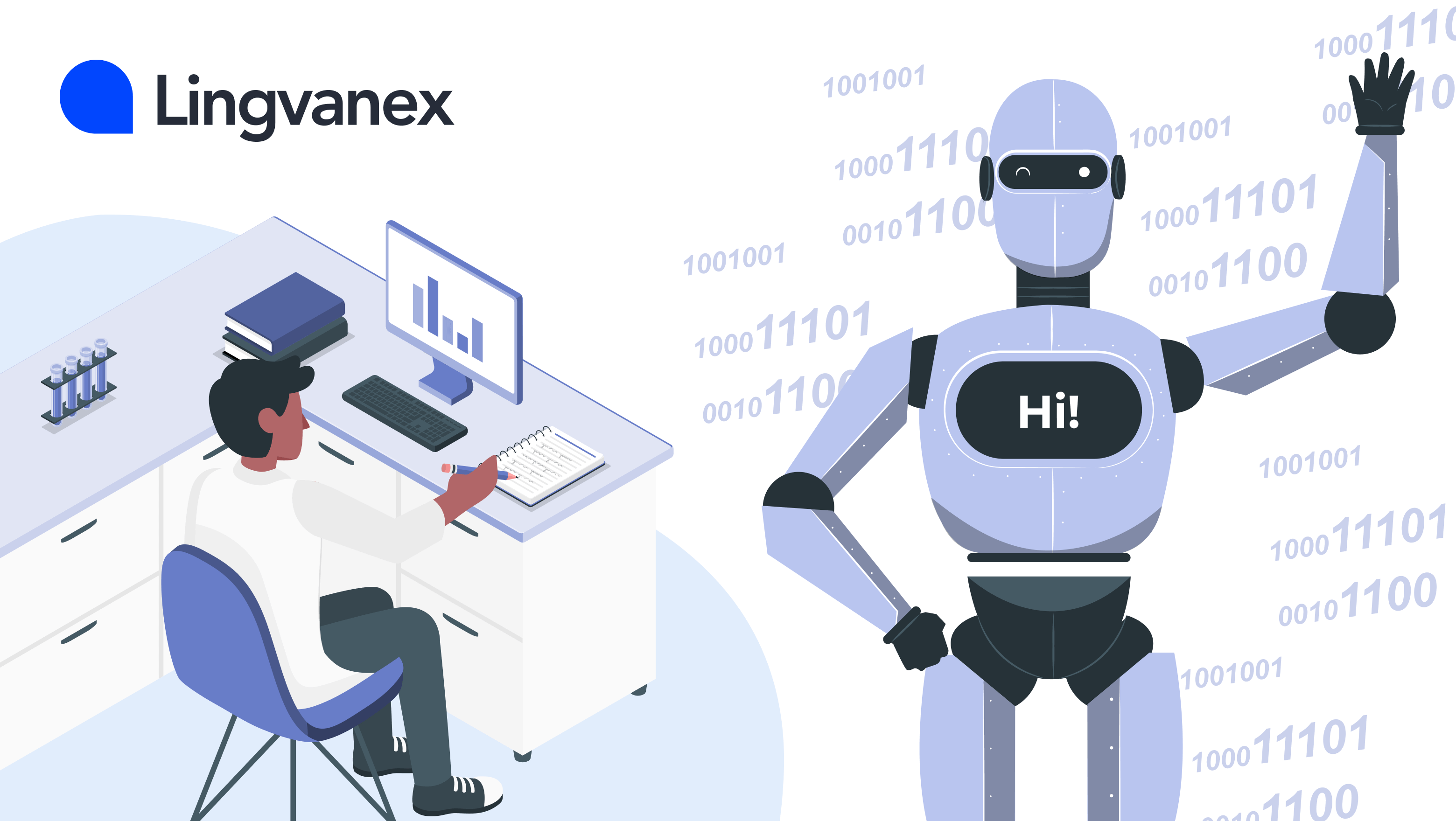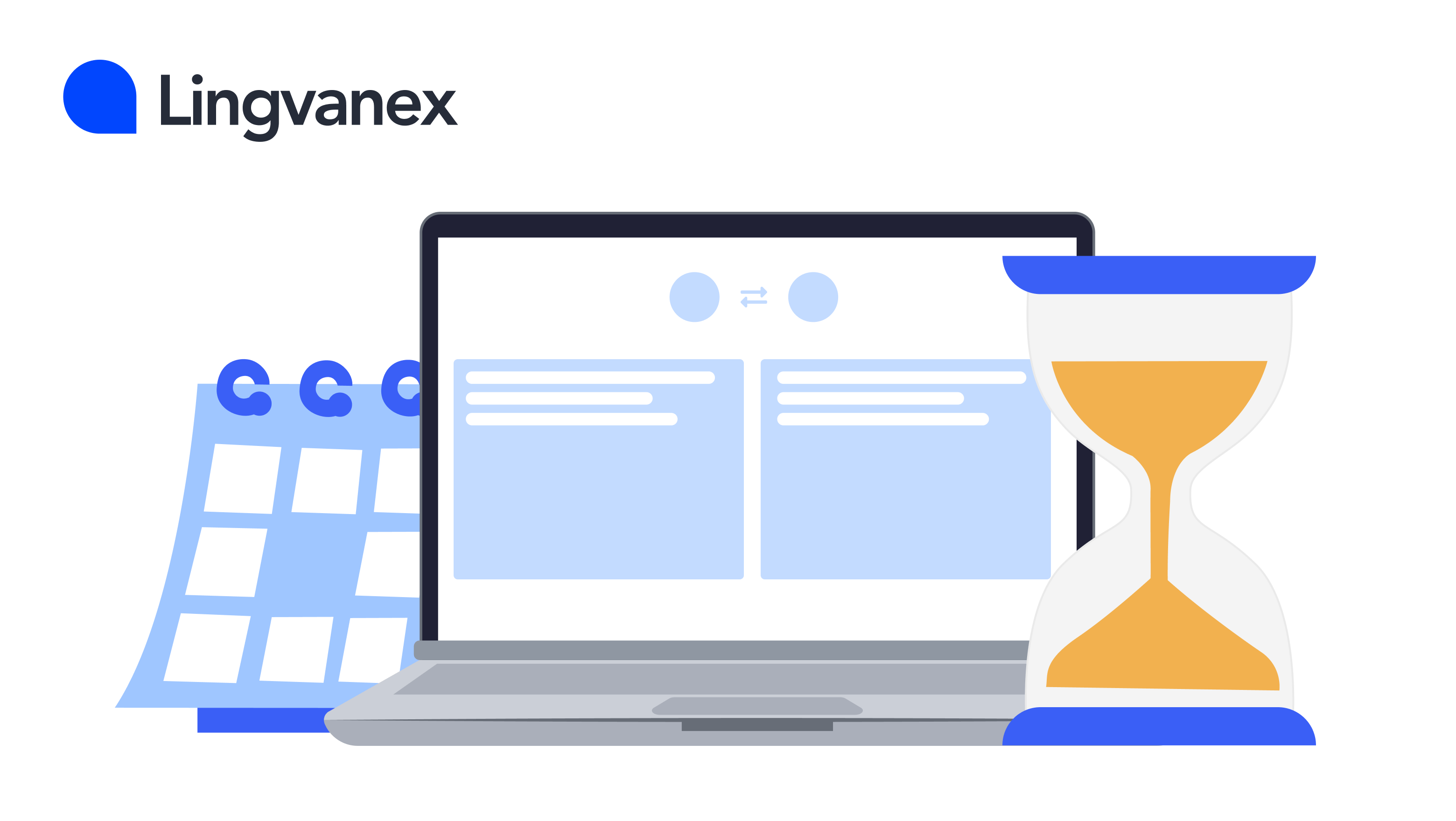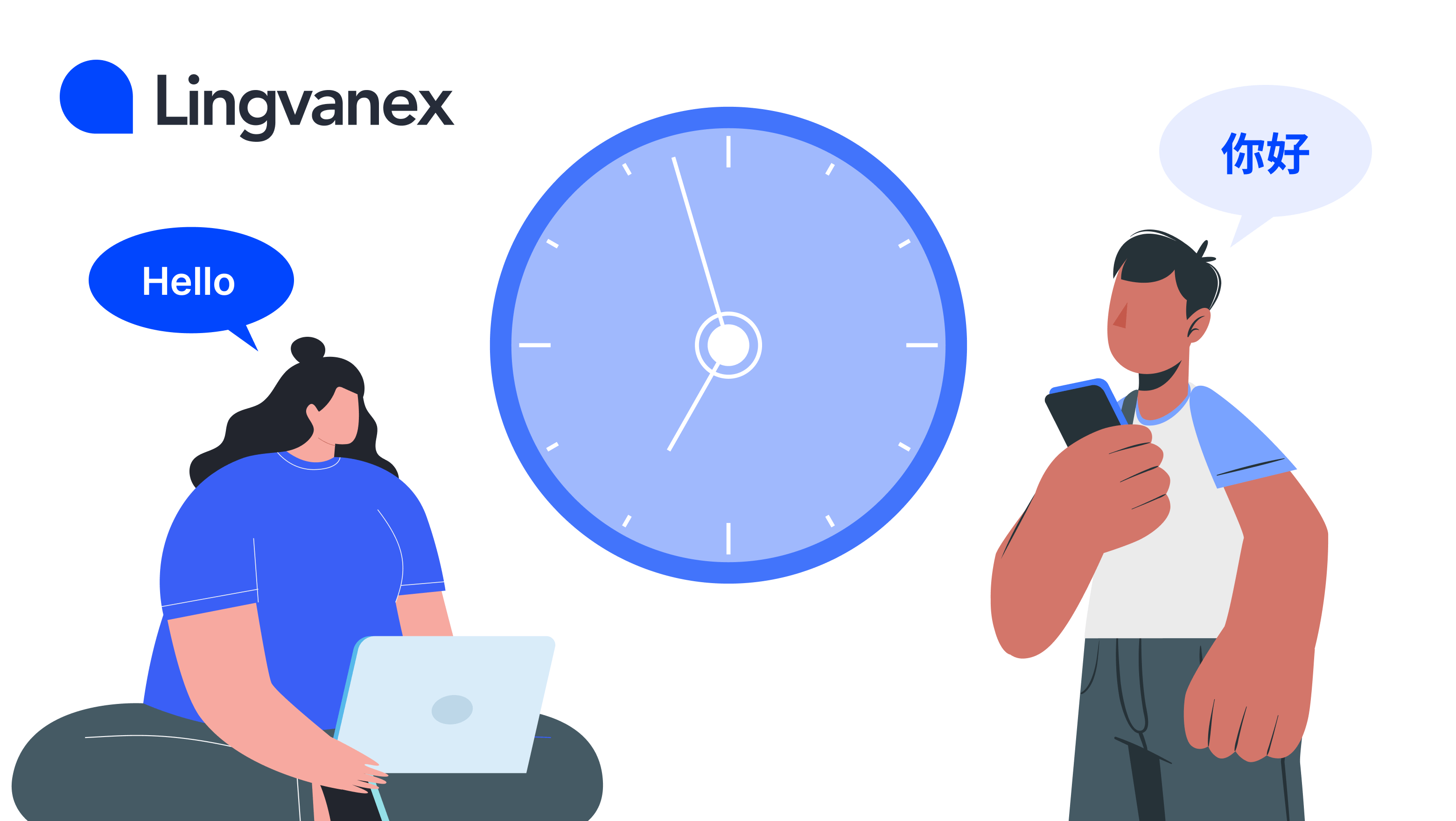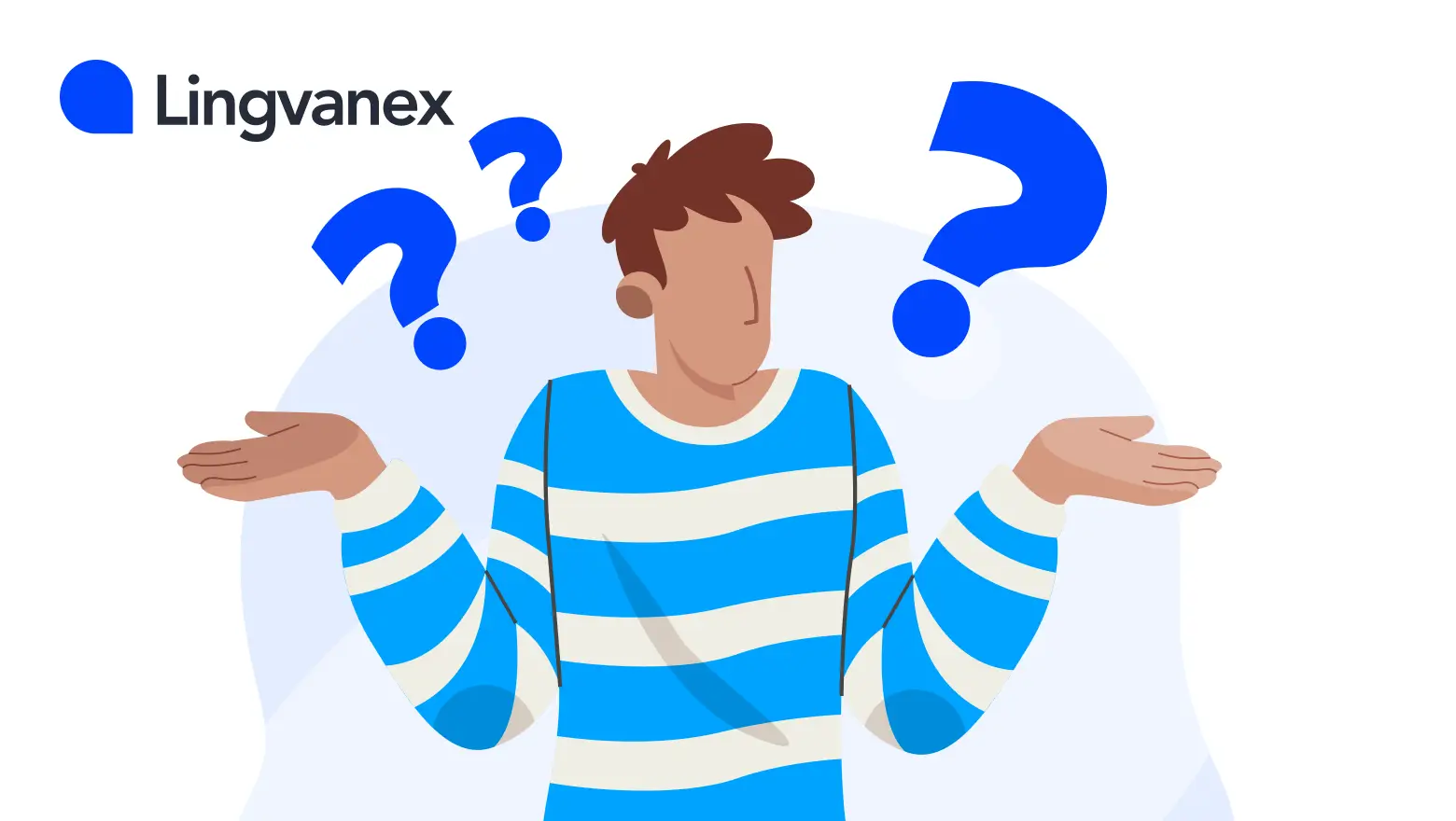According to the IBM XForce Threat Intelligence Index 2024, data theft and leaks were the top impacts, making up 32% of the incidents that IBM X-Force responded to in 2023. This trend underscores the critical need for secure information handling, especially in areas where sensitive data is frequently processed and translated.
Utilizing machine translation, particularly through free online services, carries substantial data privacy risks. Sensitive information may be vulnerable to unauthorized access and breaches due to insufficient security measures. This makes confidential business documents and government data vulnerable to exploitation.
In this article, we'll explain how simply uploading confidential information to a translator can lead to its loss. We’ll also provide tips on how to prevent this from happening.

What is Secure Machine Translation
Secure MT is the ideal solution when you need to produce quick results to understand the essence of manuals, emails, web content, social media updates and other content written in another language. More importantly, Secure MT also keeps your confidential content away from the public domain.
Security Risks of Using Free Online Translation Services
Data breach example involving free service
In the heart of Norway, Statoil, a prominent oil company, bustled with daily operations and strategic communications. Employees exchanged sensitive documents, essential to the company’s operations and security. To bridge language barriers, they turned to Translate.com, a free and seemingly convenient online translation service.However, this decision soon led to unforeseen consequences. Little did they know, the translations performed on Translate.com were stored in the cloud. In a digital age where information is readily accessible, these documents became vulnerable to anyone with a knack for simple Google searches. Within a short time, sensitive data, including passwords and crucial business communications, was exposed to the public eye.
The breach not only jeopardized Statoil's internal security but also highlighted a critical oversight: the lack of adequate security protocols when using online services. This incident served as a stark reminder of the potential dangers of free online translation tools, emphasizing the need for robust cybersecurity measures.
Cloud data storage
When you use free online translation services, the translated text is often saved in the cloud. If the service doesn't have strong security, this information can be easily accessed by people who shouldn't see it. While storing data in the cloud is convenient, it also comes with big risks. If the data isn't protected or the cloud service isn't secure, anyone can get to it. This is a huge problem for private or sensitive information that needs to stay confidential.For example, the data leak at Capital One in 2019.As a result of an error in the configuration of the Amazon Web Services (AWS) cloud infrastructure, an attacker gained access to the data of more than 100 million customers. The leak affected data such as credit card numbers, addresses and other personal information.
Use of Translated Information for Training Models
Many free online translation services use the text you enter to help improve their translations. This means any information you translate is stored and used to make their system better. While this can make translations more accurate, it also means your data is being saved and used in ways you might not know about. This can be a big privacy problem, especially if you are translating important business documents or personal information. Many people don't realize their text is being reused, which can lead to their private information being shared without them knowing.One of these cases occurred with Google, which provides translation services through Google Translate. In 2019, several users noticed that their translated texts, including personal messages and business documents, were being used to train models and improve translation quality. Although Google claims that they are taking measures to protect user privacy, such situations raise questions about how safe it is to enter sensitive data into online services.
The Benefits of Secure Translation Software
Lingvanex offers innovative machine translation solutions that help businesses overcome language barriers and expand their horizons. These solutions are ideal for both startups and large enterprises seeking to optimize their processes and improve customer engagement around the world.
On-premise Machine Translation offers businesses the opportunity to deploy a translation system on their servers, providing full control over data. This solution is ideal for organizations that require a high degree of security and confidentiality of information. The On-premise system also allows you to customize and optimize translation for specific business needs, which significantly improves its quality. The flexibility in scaling and integration with existing systems makes this solution attractive for large enterprises. Thanks to constant updates and support, companies can be confident in the relevance of machine translation technologies.
Translation API that allows businesses to integrate powerful translation features into their applications and platforms. This solution provides high query processing speed and supports a variety of languages, which makes it ideal for international companies. The simple and intuitive API interface allows developers to quickly implement translation functions without the need for in-depth technical knowledge. In addition, the flexibility of configuration allows you to adapt the API to specific business needs. Data security is also at a high level, which is especially important for companies working with confidential information.
Machine Translation SDK provides developers with the ability to integrate machine translation directly into their applications. This solution is characterized by high translation speed and accuracy, which improves the user experience. The SDK supports a variety of languages and makes it easy to customize translation options depending on the specifics of the business. Translation analysis and monitoring tools help optimize quality and productivity. The ease of integration and high performance make this solution ideal for startups and large companies.
How Lingvanex Can Secure Your Translations
At Lingvanex, we understand that security is paramount when it comes to handling sensitive translation data. Our commitment to safeguarding your information is reflected in our robust solutions designed to protect your translations at every stage, from data collection to model training and usage. Here are some steps on how Lingvanex secure your translations:
- Data Protection. Our products prioritize data security by adhering to industry standards and regulations, ensuring that all translation processes are compliant and secure.
- Secure Data Collection. We implement robust encryption methods during data collection to safeguard sensitive information, ensuring your content remains private.
- Privacy in Model Training. Our machine learning models are trained on diverse datasets while maintaining strict privacy protocols, enhancing translation accuracy without compromising data integrity.
- Control Over Data. When using our services, you have full control over your data. Our on-premise deployment options allow you to manage everything in-house, reducing security risks.
- Minimized Data Retention. Our systems are designed to minimize data retention, ensuring that your information is not stored longer than necessary.
- Regular Security Audits. We conduct regular updates and security audits to keep our technology aligned with the latest security practices, ensuring ongoing protection.
- Focus on Business Growth. With Lingvanex, you can trust that your translations are secure, allowing you to concentrate on expanding your business without concerns about data breaches or compliance issues.
For private servers, only authorized users can access the translated data. For on-premise solutions, all data stays on your own servers, with no access for our staff. For cloud solutions, user data is only used for translation right away and then deleted, keeping everything confidential and secure.
Why Companies Should Use Secure Machine Translation
Using free online translation services can be dangerous because your data can be stolen or accessed by people who shouldn't see it. The data breach at Statoil shows how serious these risks can be.
To stay safe, it's important to use secure, certified translation platforms with strong encryption and good access control. Using your own servers or a private cloud also helps keep your data safe because it's all in one controlled place.
Lingvanex offers secure machine translation, protecting your data at every step, from collection to use. This keeps your information private and follows data protection rules.



